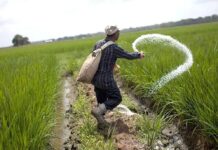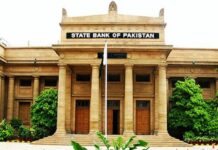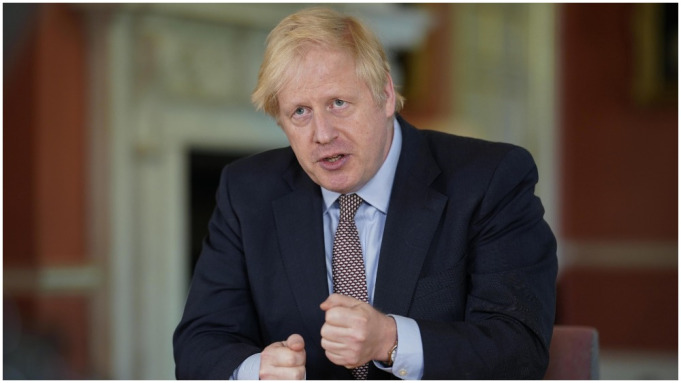LONDON: The UK economy is expected to stall in the coming months — and may even go into reverse — as it faces a triple threat of the COVID-19 second wave, the end of furlough, and Brexit.
“Going forward, the UK almost has this perfect storm,” Alejandra Grindal, senior international economist at Ned Davies Research, told Yahoo Finance UK.
The UK economy was already weak before the pandemic struck and suffered the biggest economic collapse of any developed nation during the crisis.
Data from the Office for National Statistics, published on Friday, showed a nascent recovery from this collapse lost steam in August. GDP grew by just 2.1% in the month, well below economists’ forecasts and down from 8.7% in June.
“The absence of momentum does not bode well,” said Barclays economist Fabrice Montagne.
Deceleration is expected to continue in the months ahead. The government is poised to introduce new restrictions to cope with COVID-19, a Brexit deadline looms, and changes to government support schemes could force many onto the dole queue.
“There is further cause for concern ahead,” said Dr Kemar Whyte, a senior economist at the National Institute of Economic and Social Research.
CIRCUIT BREAKER FOR PUBS AND RESTAURANTS
Covid-19 cases have been surging in the UK in recent weeks, forcing the government to reluctantly plan stricter measures to try and halt the spread of the virus.
The government is expected to announce a new “traffic light” system of local lockdowns as early as Monday. The new system could see businesses ordered closed in areas where cases are growing fastest.
Sanjay Raja, Deutsche Bank’s UK economist, said a “circuit breaker” shutdown for the UK hospitality sector was “likely.” Scotland this week announced bars and pubs would be shut for 16 days in a bid to curb infections there.
“We expect the UK government to implement similar restrictions across hotspots around the north of England in the coming days,” Raja wrote in a note on Friday.
Raja estimated that a full shutdown of the hospitality sector would shave 1% off monthly GDP. ING put the figure as high as 3%. Both estimates came before the chancellor announced new support for businesses hit by local lockdowns on Friday, but underline the magnitude of the potential impact.
NO SUBSTITUTE FOR OPEN ECONOMY
As restrictions ramp up, the government’s flagship job support scheme is coming to an end. The furlough programme will close at the end of October.
On Friday, chancellor Rishi Sunak announced new support to help areas hit by local lockdowns. The programme amounts to a local furlough scheme for staff and includes cash grants of up to £3,000 ($3,883) per month for affected businesses.
Roger Barker, director of policy at the Institute of Directors, said the extension would “provide a lifeline for many companies and people impacted by the efforts to stop the virus spreading.”
But he said there would still be “potential second-order impacts of local lockdowns.” Shutting restaurants will mean lower demand for meat and vegetable suppliers, for example. If those suppliers are based outside of the lockdown area, they won’t be eligible for support.
“At the end of the day, no fiscal support will ever be a substitute for an open, functioning economy,” said Adam Marshall, the director general of the British Chamber of Commerce.
The end of furlough creates problems not just for areas hit by local lockdowns, but the wider economy too. The ONS this week estimated that 9% of the workforce remains on furlough.
The chancellor has announced a new scheme that will subsidise the wages of part-time workers after furlough as long as their jobs remain viable. But the key word here is viable — many people currently on furlough may find themselves out of work next month as employers judge their jobs are no longer needed.
Grindal said the replacement programme was “not going to cover nearly as much people as the furlough scheme.”

























